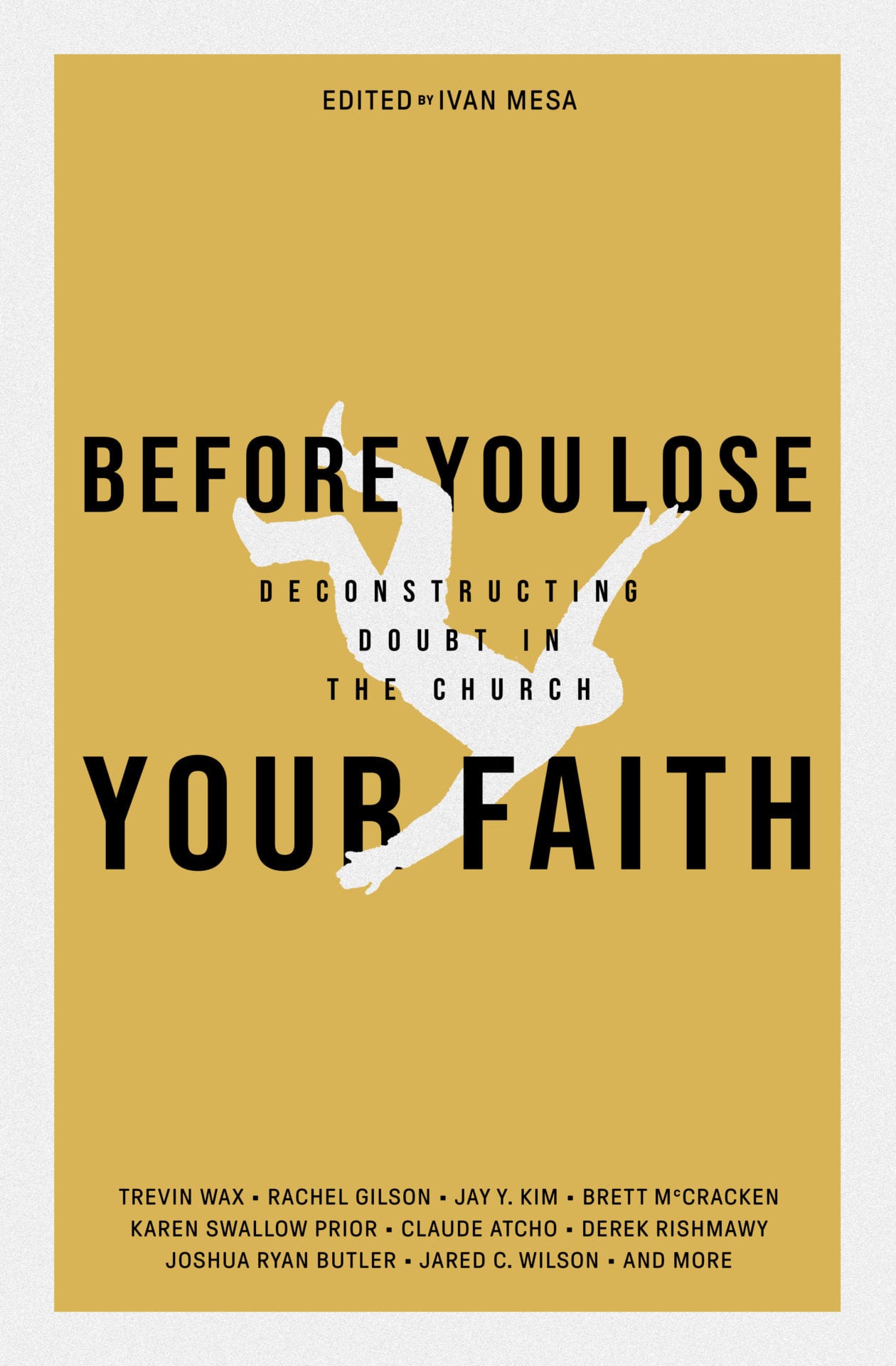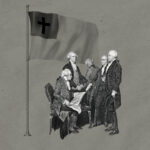This article is one of many informative articles in Joe Carter’s “9 Things You Should Know” series.
Today is Veterans Day, the official holiday in the United States that honors people who have served in the U.S. Armed Forces. Here are nine things you should know about an oft-overlooked group of veterans—military chaplains.
1. Chaplains have the rank of a military commissioned officer and serve the dual roles of religious leader and staff officer, but do not possess the duties or responsibilities of command. Article 24 of the Geneva Convention identifies chaplains as protected personnel in their function and capacity as ministers of religion. Service regulations further prohibit chaplains from bearing arms and classify chaplains as noncombatants.
2. U.S. military chaplains represent specific religious organizations and work together within the pluralistic context of the military to ensure freedom of religion. Title 10, United States Code (USC), Sections 3073, 5142, and 8067, provides for the appointment of officers as chaplains in the Army, Navy, and Air Force. The Navy directs its Chaplain Corps to provide chaplains for the Marine Corps, the Coast Guard, and the Merchant Marine.
3. The purpose of chaplaincies, according to the Department of Defense, is to “accommodate religious needs, to provide religious and pastoral care, and to advise commanders on the complexities of religion with regard to its personnel and mission, as appropriate. As military members, chaplains are uniquely positioned to assist Service members, their families, and other authorized personnel with the challenges of military service as advocates of religious, moral, and spiritual well being and resiliency.”
4. The Department of Defense’s requirements to be a chaplain include: the candidate must be endorsed by a qualified religious organization, have two years of religious leadership experience, possess a baccalaureate degree and a post-baccalaureate graduate degree in the field of theological or related studies, and meet physical standards and other requirements to be a commissioned officer.
5. The only federal court decision directly dealing with the military chaplaincy’s constitutionality is Katcoff v. Marsh (1985). In Katcoff, the 2nd U.S. Circuit Court of Appeals upheld the U.S. Army’s chaplaincy on the ground that service members have a constitutional right under the First Amendment’s Free Exercise Clause to engage in religious worship, a right that the Army would unduly burden if it did not provide chaplains.
6. Chaplains in the military represent more than 200 different denominations. The denominations with the largest representation (more than 100, both active and reserve) are: Southern Baptist Convention (787), Roman Catholic Church (350), United Methodist Church (274), Evangelical Church Alliance (174), General Council of Assemblies of God (153), Lutheran Church-Missouri Synod (149), and Evangelical Lutheran Church In America (128)
7. The The Continental Congress established chaplains as an integral part of the Continental Army on July 29th, 1775 and instituted the Navy Chaplaincy in November, 1775. The Congress directed the military commanders “to take care that divine services be performed twice a day on board, and a sermon preached on Sunday, unless bad weather or other extraordinary events occur.” In accordance with another act of the Continental Congress on May 27, 1777, a chaplain was assigned to each Army brigade with colonel’s pay. Following the War of 1812, Congress employed only one Army chaplain, who served at West Point. By 1838, Congress authorized the hiring of thirty Army chaplains, twenty-four Navy chaplains, two in Congress, and others at military schools and frontier forts.
8. The Medal of Honor is the highest award for valor in action against an enemy force that can be bestowed upon an individual serving in the Armed Services of the United States. A total of eight members from the U.S. Army Chaplain Corps have been awarded the Medal of Honor: four from the Civil War; one from the Boxer Rebellion; two from the Vietnam War; and one from the Korean War.
9. Since the founding of the country, 419 chaplains have died in a war. The breakdown, by war, is as follows:
Revolutionary War: 25
War of 1812: 1
Mexican War: 1
Civil War: 117 on Union side, 41 on the Confederacy side
World War I: 23
World War II: 182
Korean War: 13
Vietnam War: 15
Iraq/Afghanistan: 1
Free Book by TGC: ‘Before You Lose Your Faith’
 Many young people are walking away from Christianity—for reasons ranging from the church’s stance on sexual morality, to its approach to science and the Bible, to its perceived silence on racial justice.
Many young people are walking away from Christianity—for reasons ranging from the church’s stance on sexual morality, to its approach to science and the Bible, to its perceived silence on racial justice.
TGC’s book Before You Lose Your Faith: Deconstructing Doubt in the Church is an infusion of hope, clarity, and wisdom in an age of mounting cynicism toward Christianity.
For anyone entering college or the workplace and looking for a timely reminder of why Christianity is good news in a skeptical age, make sure to get your FREE ebook Before You Lose Your Faith today!


































